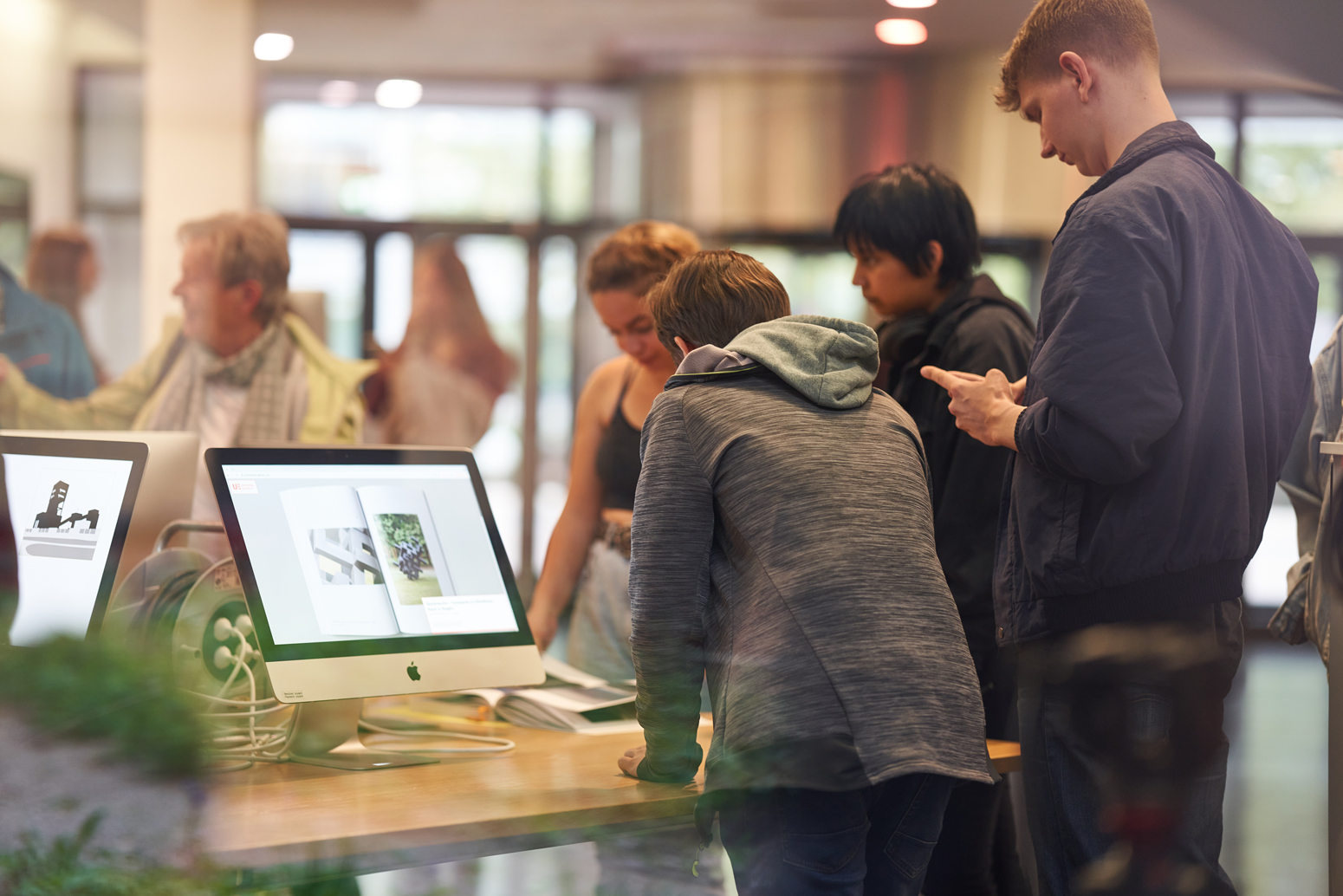

Germany is well known for its efficient and productive work culture and the modern office environment in Germany reflects this. In recent years, there have been several changes in the way that work is done in Germany, with a focus on improving employee well-being and creating a more flexible and modern workplace.
The corporate culture is rooted in Germany’s long history of cultural values that have shaped its society and economy.
Germany also offers several benefits to foreigners working in the country such as high salaries, excellent working conditions, social benefits, work-life balance and cultural experiences.
Read on to understand more about the modern German work culture and the impact of COVID-19 on the workplace culture in German cities.
A brief overview of the German value system in workplaces
The German workplace is shaped by a set of cultural values that emphasize community, punctuality, order, performance, thoroughness and responsibility. These values have helped Germany become one of the world’s most efficient and productive economies and they continue to shape the country’s approach to work and business.
One of the most prominent values in German work culture is the idea of community which emphasises the importance of working together and valuing the collective good over individual desires. This idea is reflected in the workplace, where cooperation and teamwork are highly valued.
Punctuality and order are also deeply ingrained in the German work culture.
Germans place a high value on being on time and emphasise the role of organisation and structure in all areas of life.
They take pride in achieving high levels of performance and productivity by making hard work and dedication a top priority.
The attention to detail, careful planning, and systematic approach to problem-solving are evident in the country’s reputation for high-quality products and services.
The German value system also places great emphasis on accountability and transparency which drives them to make decisions that benefit both their organisation and society as a whole.
Work-life balance in Germany and the impact of COVID-19 on the workplace
In the wake of the global pandemic, remote work gained sudden popularity which brought discussions on employee well-being and job flexibility to the limelight. Although the pandemic increased work flexibility for many employees, Germany’s approach to work-life balance had already been established.
With strict labour laws, flexible work arrangements and a culture of leisure time, individuals can achieve a healthy work-life balance which not only benefits employees but also leads to increased productivity and job satisfaction.
Employers who prioritize their employees’ well-being and work-life balance see higher employee retention, as well as an overall more positive work environment.
Germany has strict labour laws which have imposed regulations on working hours resulting in a maximum of 48 hours per week. This is lower than the EU average of 60 hours per week.
Companies also provide several paid leaves a year creating chances for their employees to relax and enjoy family time.
Many companies also offer part-time or remote work options, allowing employees to work from home or adjust their hours to better suit their personal lives.
This flexibility enables individuals to prioritize their families, hobbies, and other aspects of their lives while still fulfilling their professional responsibilities.